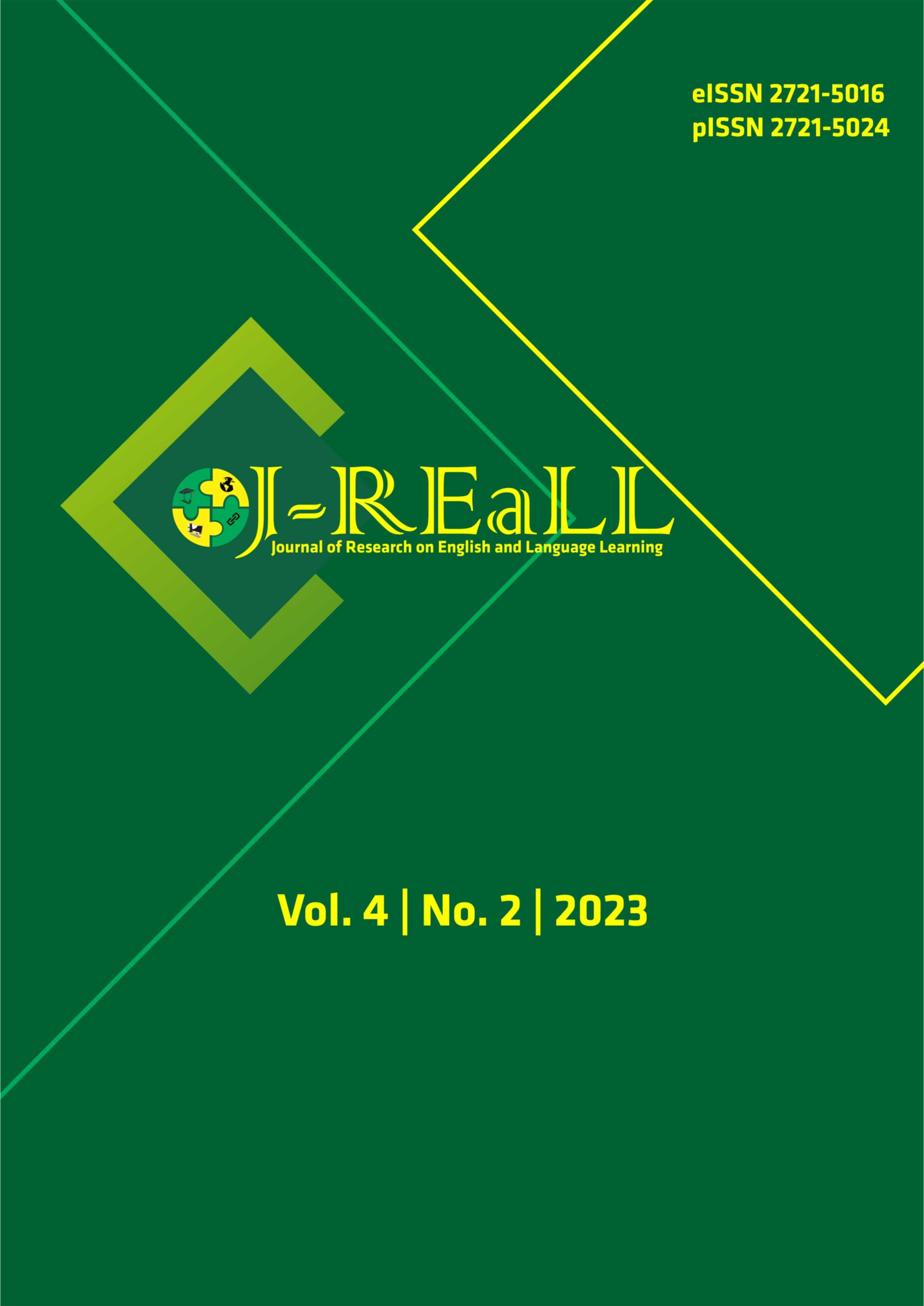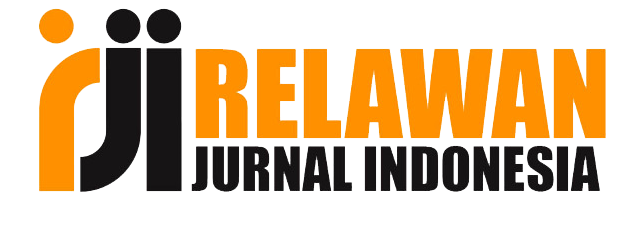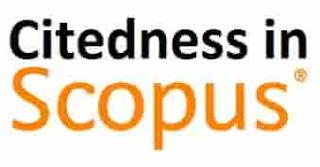The L1 integration in form-focused tasks using a gamified approach in EFL classrooms
DOI:
https://doi.org/10.33474/j-reall.v4i2.20173Keywords:
EFL classrooms, form-focused task, gamified approach, L1 integrationAbstract
This study explored the use of L1 (Bahasa Indonesia) in EFL classrooms, specifically in form-focused tasks for grammar acquisition, using a gamified approach. This study was designed as analytical descriptive, employing a survey of students’ attitudes toward the use of L1 using a gamified approach in grammar acquisition and a reflective teaching journal of the lecturer using L1 in form-focused tasks. The participants of this research were 154 university students. The result revealed that the EFL students have a positive attitude toward the use of Bahasa Indonesia with a gamified approach in form-focused tasks. They further admitted that the judicious use of Bahasa Indonesia enabled them to acquire grammatical knowledge. Based on the lecturer’s reflective teaching journals, this study found that the lecturer needed to empower its potential and address shortcomings to achieve the goal of this approach to modifying the L1 use with gamification in EFL classrooms to be a productive means of grammar learning.
References
Ardi, P. & Rianita, E. (2022). Leveraging gamification into EFL grammar class to boost student engagement. Teaching English with Technology, 22(2), 90-114.
Aslikhosh, A., Alikhani, M.A., Alirezaeian, V. & Bakhsi, H. (2014). Implementing L1 in teaching grammar, International Journal of Language Learning and Applied Linguistics World, 7(2),.81–92.
Atkinson, D. (1987). The mother tongue in the classroom: a neglected resource? ELT Journal, 41(4), 241–247.
Atkinson, D. (1993). Teaching monolingual classes: Using L1 in the classroom. New York: Longman
Auerbach, E.R. (1993). Reexamining English only in the ESL classroom. TESOL Quarterly, 27(1), 9-23.
Brooks, F.B. & Donato, R. (1994). Vygotskyan approaches to understanding foreign language learner discourse during communicative tasks. Hispania, 77(2), 262-274.
Cheong, C. Filippou, J., & Cheong, F. (2013). Understanding student perceptions of game elements to develop gamified systems for learning. PACIS 2013 Proceedings. 202. https://aisel.aisnet.org/pacis2013/202
Cole, S. (1998). The use of L1 in communicative English classrooms. Japan Association for Language Teaching. Available at: http://jalt-publications.org/old_tlt/files/98/dec/cole.html
Cook, V. (2001). Using the first language in the classroom. Canadian Modern Language Review, 57(3), 402-423.
Dehghanzadeh, H., Fardanesh, H., Hatami, J., Talaee, E., & Noroozi, O. (2021). Using gamification to support learning English as a second language: A systematic review. Computer Assisted Language Learning, 34(7), 934-957. https://doi.org/10.1080/09588221.2019.1648298
Ellis, R. (2003). Task-based language learning and teaching. Oxford: Oxford University Press.
Ellis, R. (2008). Principles of instructed second language acquisition. CALdigest, December 2008.
Farrell, T. S. C. (2007). Reflective Language Teaching, in Farrell, T. S. C., Reflective Language Teaching, pp.1-13, London: Continuum.
Hamari, J., Koivisto, J. & Sarsa, H. (2014). Does gamification work? A literature review of empirical studies on gamification. Proceedings of the 47th Hawaii International Conference on System Sciences (HICSS). Hawaii: USA.
Hashim, H., Rafiq, K.R.M., & Yunus, M. Md. (2019). Improving ESL learners’ grammar with gamified learning. Arab World English Journal (AWEJ), CALL (5), 41-50. https://dx.doi.org/10.24093/awej/call5.4
Iaremenko, N.V. (2017). Enhancing English language learners’ motivation through online games. Information Technologies and Learning Tools, 59(3), 126-133. https://doi.org/10.33407/itlt.v59i3.1606
Leaning, M. (2015). A study of the use of games and gamification to enhance student engagement, experience and achievement on a theory-based course of an undergraduate media degree. Journal of Media Practice, 16(2), 1-16.
Mathew, P., Mathew, P., & Peechattu, P.J. (2017). Reflective practices: A means to the teacher development. Asia Pacific Journal of Contemporary Education and Communication Technology, 3(1), 126-131.
Miles, R. (2004). Evaluating the use of L1 in the English language classroom. MA. University of Birmingham.
Nation, P. (2003). The role of the first language in foreign language learning. Asian EFL Journal, 5(2), 1–8.
Nazary, M. (2008). The role of L1 in L2 acquisition: Attitudes of Iranian university students. Novitas-ROYAL, 2(2), 138–153.
Pennycook, A. (1994). The cultural politics of English as an international language. New York: Longman.
Pham, A. T. (2023). The impact of gamified learning using Quizizz on ESL learners’ grammar achievement. Contemporary Educational Technology, 15(2), 410. https://doi.org/10.30935/cedtech/12923
Poole, F., Clarke‐Midura, J., Sun, C., & Lam, K. (2019). Exploring the pedagogical affordances of a collaborative board game in a dual language immersion classroom. Foreign Language Annals, 52, 753-775. https://doi.org/10.1111/flan.12425
Sari, N.L.L. & Avifah, I. (2023). Students’ perceptions on the use of gamification approach in grammar class. Indonesian Journal of Education (INJOE), 3(2), 227–234. https://doi.org/10.54443/injoe.v3i2.62
Scott, V.M. & Fuente, M.J.D.L. (2008). What’s the problem? L2 learners’ use of the LI during form-focused tasks. The Modern Language Journal, 92(1), 100–113.
Sharaeai, W.A. (2012). Students' perspectives on the use of L1 in English classrooms. Unpublished Master’s Thesis. IOWA State University, Iowa.
Swain, M. & Lapkin, S. (2000). Task-based second language learning: the uses of the first language. Language Teaching Research, 4(3), 251–274.
Swain, M. & Lapkin, S. (1998). Interaction and second language learning: Two Adolescent French Immersion Students Working Together. The Modern Language Journal, 82(3), 320–337.
Vooren, V.V., Casteleyn, J., & Mottart, A. (2012). The impact of teachers' beliefs on grammar instruction and students' grammar competences. Procedia-Social and Behavioral Sciences, 69, 641-648. https://doi.org/10.1016/j.sbspro.2012.11.456
Zhang, Q., & Yu, Z. A. (2021). Literature review on the influence of Kahoot! on learning outcomes, interaction, and collaboration. Education and Information Technologies, 26, 4507-4535. https://doi.org/10.1007/s10639-021-10459-6
Zulfikar. (2019). Rethinking the use of L1 in L2 classroom. Englisia, 6(1), 43-51. http://10.22373/ej.v6i1.2514
Downloads
Published
How to Cite
Issue
Section
License
Copyright (c) 2023 Ianatul Avifah, Nur Laily Lupita Sari

This work is licensed under a Creative Commons Attribution 4.0 International License.
Authors who publish this journal agree to the following terms:
- Authors retain copyright and grant the journal right of first publication with the work simultaneously licensed under a Creative Commons Attribution License that allows others to share the work with an acknowledgement of the work's authorship and initial publication in this journal.
- Authors can separately make additional contractual arrangements for non-exclusive distribution published by the journal (e.g., publish it in a book), with an acknowledgement of its initial publication in this journal.
- Authors are allowed and encouraged to send their work via online (e.g., in the institutional repositories or their website) after published by the journal.





















